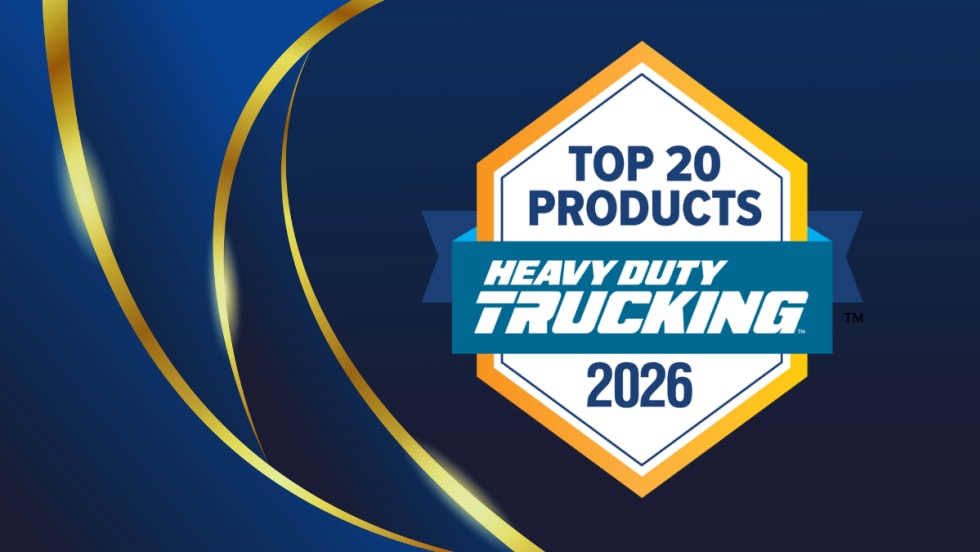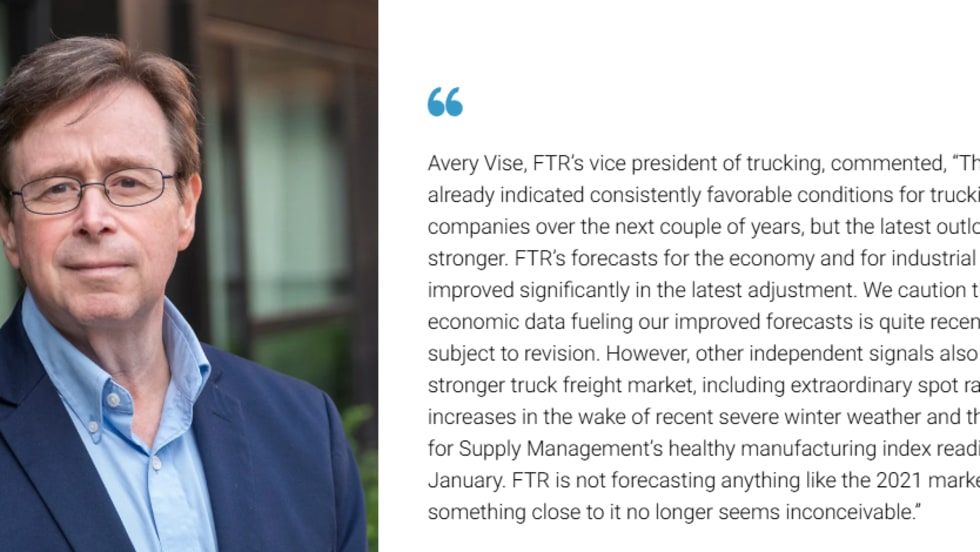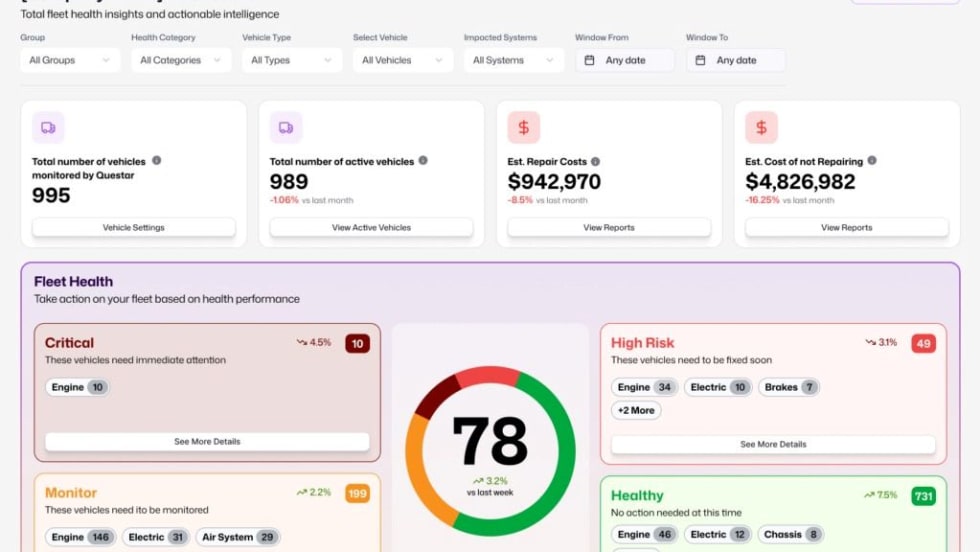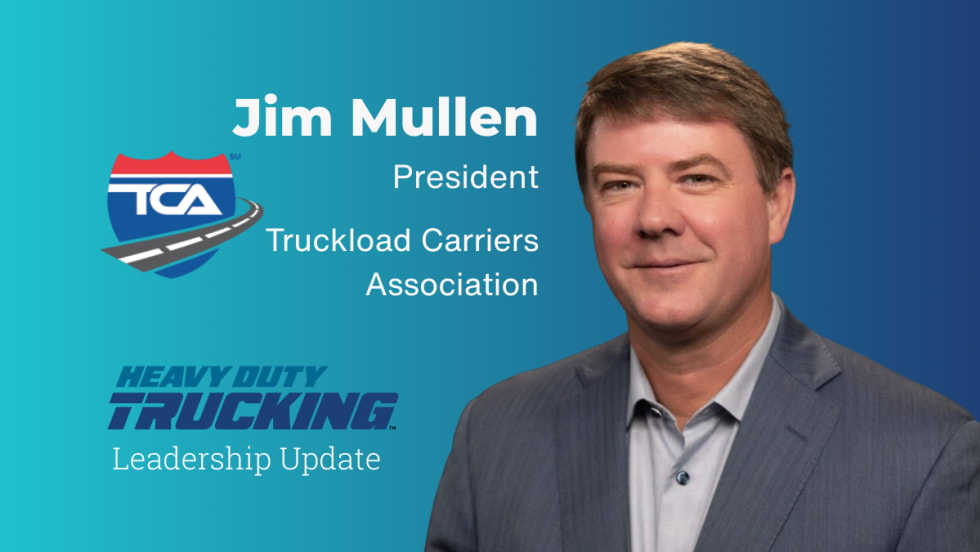Jim Ward, president of the Truckload Carriers Association (TCA) recently brought HDT up to speed on the interest group’s latest lobbying push on Capitol Hill. As part of the group’s annual Fall Business Meeting and “Call on Washington,” held in September, Ward brought more than 80 TCA members to meet with their respective members of Congress.
The TCA members making the rounds at the Capitol focused on key supply-chain issues, including truck parking, California’s AB5 legislation; driver recruitment and retention; driver safety, and TCA’s own Young Drivers Program. Some TCA members from Canada took part by meeting with Canadian officials at their country’s embassy.
Parking Top of Mind for Truckers
“Truck parking is right now the top issue concerning drivers. Our concern It was well-received on the Hill and a huge bipartisan discussion,” said Ward, who before taking the reins at TCA earlier this year had served as president and CEO of motor carrier D.M. Bowman Inc. “And in Secretary Buttigieg’s annual message to TCA, given by video, he discussed the conditions truck drivers work in and the compensation they receive.”
As to what may be done to help alleviate the parking shortage, Ward advised that one route might be through the appropriation process.
“Consideration is being given to allocate certain funds to expanding truck parking," he said. He noted that it’s not a hard issue to explain of importance of as it’s “pretty obvious to anyone who travels by road” and fixing this would also “help bring more women to truck driving.”
He said TCA also has its eye on other workforce issues affecting drivers and technicians, with recruitment and retention a “growing issue for both.”
Another of these is seeking FMCSA to provide push notifications of information issued by the Drug and Alcohol Clearinghouse. Ward said TCA also wants the ability to submit hair-analysis results of drug screening tests.
Younger Drivers Ahead
Also on the front burner is the rollout of the DRIVE-Safe Act (packaged within the Infrastructure Investment Jobs Act, that will enable CDL holders 18- to 21-years old to be certified to cross state lines after completing specific training. The training requires carriers to adhere to rigorous training standards that pair each young driver with an experienced mentor-driver.
“We offer the [pilot] program to our members and move them through it quickly,” says Ward. “It kicks off with hours of required training and includes apprenticeship opportunities. We see it getting legs, as 3,000 drivers have enrolled in the beta test.”
Turning to an issue that’s still in the hands of the FMCSA, Ward pointed out that the long-awaited and controversial rule on mandating speed limiters on trucks — in its current form — is under review by the agency. And he stressed it will be quite the review.
“FMCSA received some 16,000 comments on speed limiters, and about adaptive cruise control," he said. "All that will take a long time to get through. The agency’s job is to reduce fatalities on the highway. That’s our goal, too, and includes using technology when it can make a difference.”
AB5 Law Is Still a Big Question Mark
“As for where the industry is with California’s AB5 worker-classification law,” Ward advised, “the preliminary injunction that had kept California from enforcing it has been lifted. If that changes and/or if other states enact similar rules, forcing fleets to convert owner-operators to company drivers will put a great strain on the supply chain.
“Beyond that thought, we have no idea where this issue will go,” he continued. “But any regulation that builds momentum on the West Coast tends to move East. You fight it where it is. As always, what’s essential to us is to keep safety number one.”














